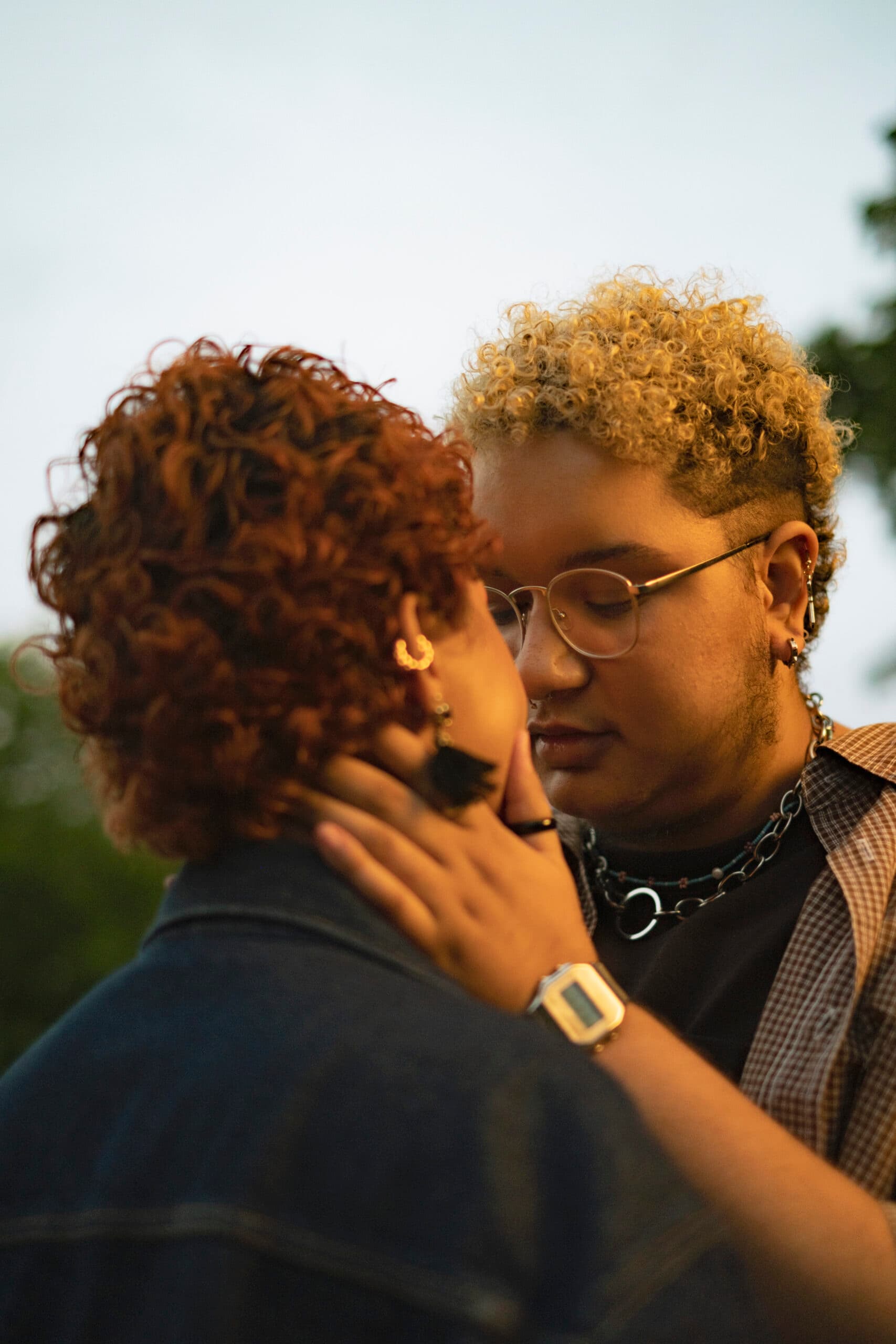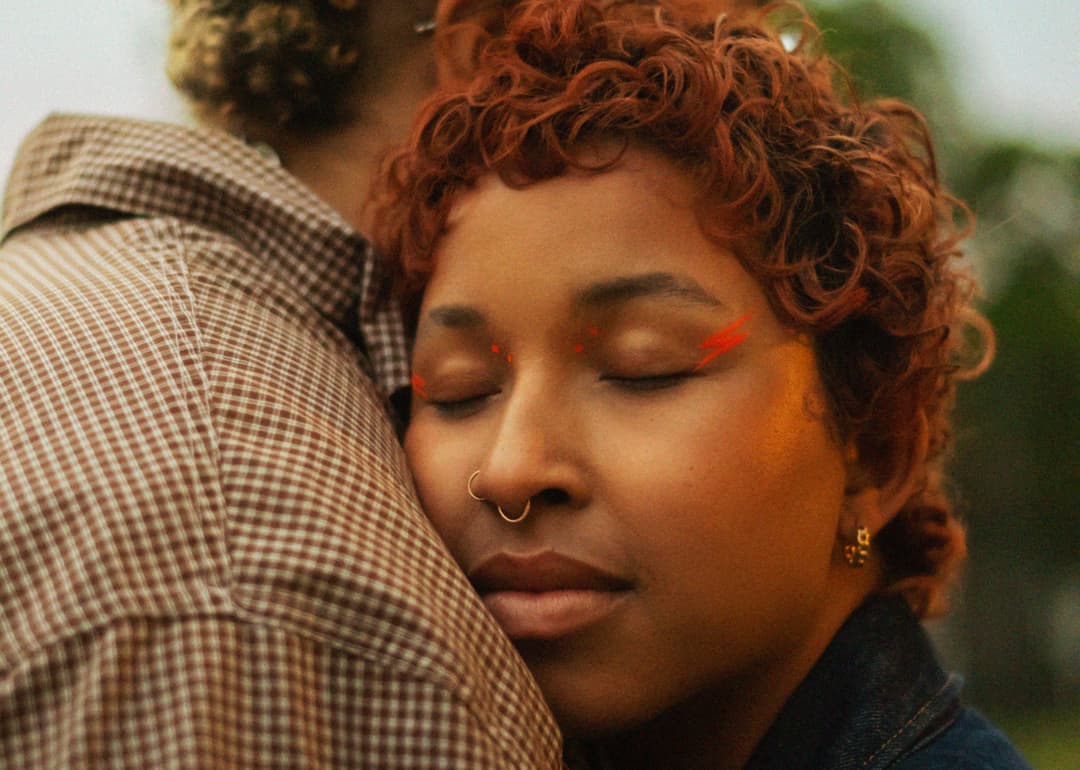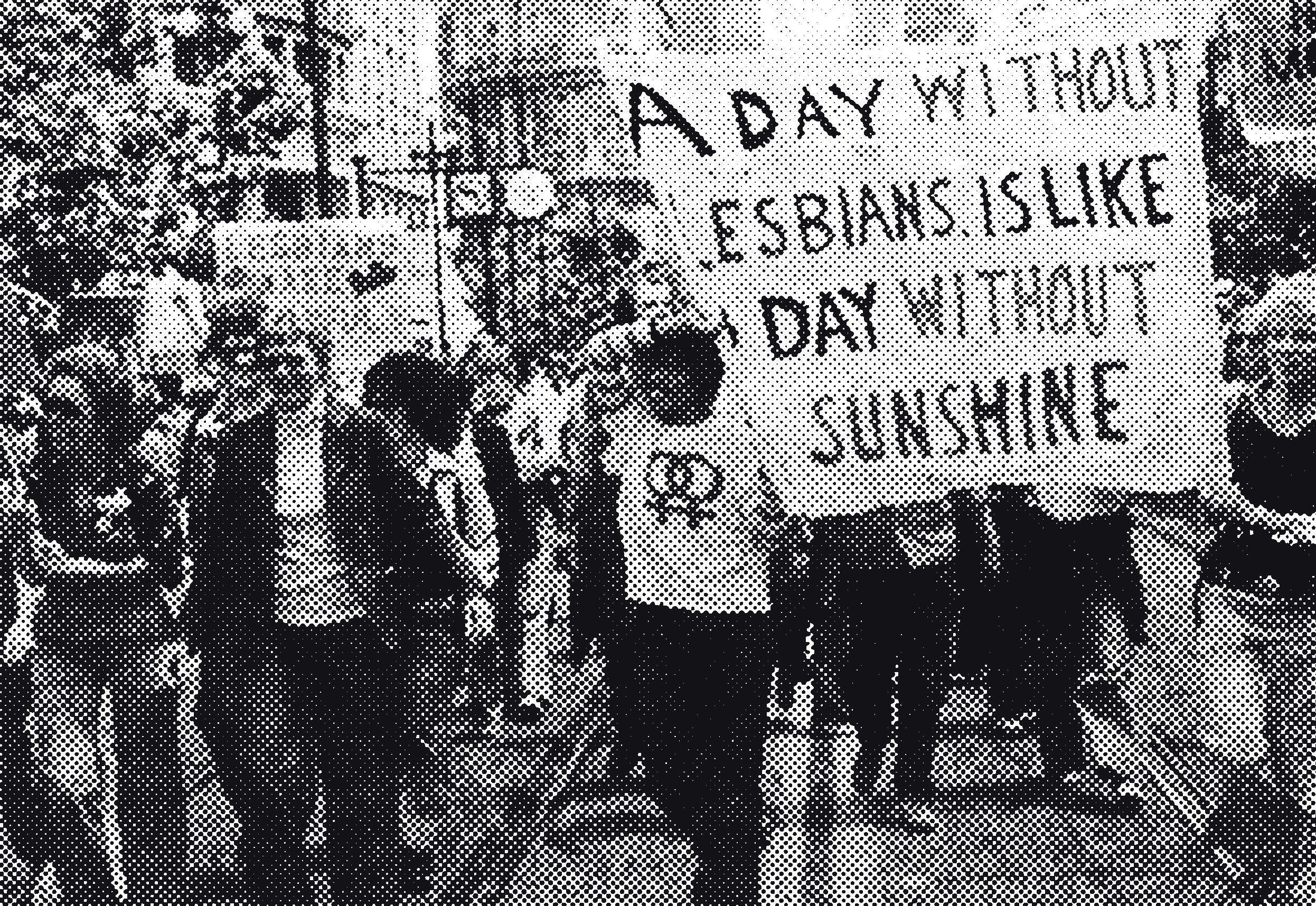Sex & Consent

When it comes to sex and intimacy, consent is about making sure everyone involved wants to be a part of what’s happening.
If you want to touch, kiss, or hook up with someone, you’ll need to check that you’ve got consent — and that they’re choosing it freely. No pressure, no guessing.
Consent isn’t a one-time question. It’s something you keep checking in on while you’re together. That’s what makes things feel good, fun, and safe for everyone.
So let’s unpack what consent is and how it’s agreed on.
What is consent?
Consent is an ongoing agreement between two or more people to engage in a sexual activity. But what does that mean in practice?
Consent must be affirmative –
This means that if you want to do something sexual with someone, you are responsible for taking steps to get their consent.
Consent must be freely given –
This means by law that consent cannot be given under intoxication, coercion, force or manipulation.
Consent must be informed –
This means that everyone who is giving consent knows what it is they are agreeing to do. For example, consenting to one sexual activity does not mean you are consenting to all sexual activities.
Consent must be an ongoing process –
This means it needs to be given more than just one time. For example, as you get further into a hook up and move between different sexual activities, you and your partner/s will need to keep checking in with each other.
So how do we get consent?
The clearest way is to ask!
You can get consent by asking things like:
- “Can I kiss you?”
- “I’d like to _____, how do you feel about that?”
- “Can I touch you here?”
- “Do you want to try _____?”
Remember, you’ll need to get consent for each new activity, and as things heat up, it’s important to check in. Checking in means keeping informed about how your partner/s are feeling and seeing if it’s okay for things to keep going.
Checking in with your partner/s is as simple as asking
- “Does that feel good for you?”
- “Want to keep going?”
- “Need a break?”
Pay attention to your partner’s expressions, movement and body language throughout the hook up, not just at the start.
- Do they look upset?
- Do they look unhappy?
- Are they turning away from you?
- Are they tensing up?
- Are they pushing you away?
- Have they gone quiet?
Everyone expresses themselves differently, so when in doubt, pause and ask. If something feels off, stop and check in. It’s always better to make sure than to assume. Even if you’re just feeling unsure, always check in – it’s as simple as asking a question and waiting for either a verbal or nonverbal response.
If you don’t get a response from your partner/s, it means you don’t have consent to keep going and you’ll need to stop.
Consent + alcohol and other drugs
Drugs and alcohol can blur lines and make consent harder to navigate.
In current Victorian law, a person is not considered capable of giving consent if: “the person is so affected by alcohol or another drug as to be incapable of consenting to the act.”
If you’re worried that someone is too intoxicated to consent, they probably are.
You can always swap phone numbers and make sure they get home safely (or phone a friend or a family member of theirs, if they’re really intoxicated and alone). You’ll have a chance to reconnect later.
What if you want to stop?
You have the right to say no, and so does everyone else. If you ask someone to stop, it is important that they do so immediately. If they don’t, this is sexual assault.
Remember, even if you’re unsure or just don’t feel right, you can stop. You don’t need to justify your decision or have a reason for stopping. Or as adrienne maree brown puts it: ‘no is a complete sentence’.
What about long term relationships?
Consent needs to be part of every sexual interaction, but it’s true that the way we practice consent might look different in a 10 year relationship compared to a one night stand.
The concept of a ‘consent castle’ shows how important building a foundation of consent in a relationship is, and how it can evolve over a long-term relationship.
Why consent matters
At its heart, consent is simple:
Ask. Listen. Respect.
It’s about checking in, listening, and making sure everyone feels safe, respected, and free to choose. It’s how we make intimacy something that feels good for everyone involved.
If you need support
If you’ve experienced sexual contact without your consent, know that you’re not alone.
There are confidential, LGBTIQ+-affirming services that offer compassionate, confidential support— whenever you’re ready
LGBTIQ+-Specific Support
Rainbow Sexual, Domestic and Family Violence Helpline (Full Stop Australia)
24/7 phone counselling with trauma-informed counsellors trained to support LGBTIQ+ people who have experienced sexual, domestic, or family violence — recently or in the past.
Phone: 1800 497 212 | Available: 24 hours a day, 7 days a week
QLife
Free, anonymous support and referrals for LGBTIQ+ people on any issue, including relationships, identity, or mental health.
Phone: 1800 184 527 | Website: qlife.org.au | Hours: 3 pm – midnight (AET)
General Support Services
1800 RESPECT
National 24/7 sexual, domestic, and family violence support service.
Phone: 1800 737 732 | Website: 1800respect.org.au
Sexual Assault Crisis Line (Victoria)
After-hours phone counselling for people affected by sexual assault.
Phone: 1800 806 292 | Website: sacl.com.au | Hours: 5 pm – 9 am
Where to
find support
Looking for someone to talk to?
Find peer groups, community organisations and referral pathways for LGBTIQ+ women and gender diverse people.




